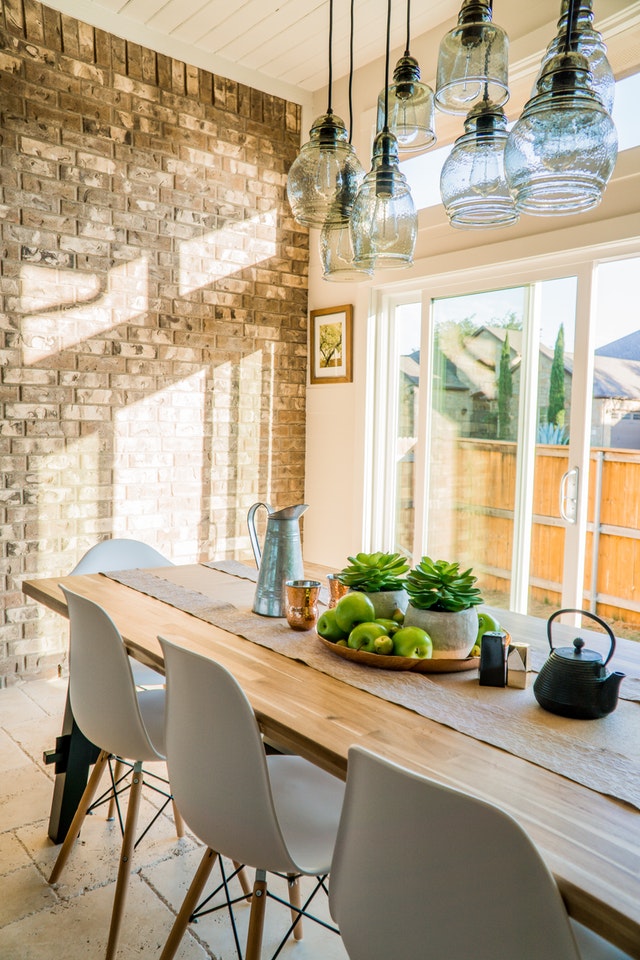 PMI, which is also called private mortgage insurance, is protect that the lender may ask the buyer to purchase. In the event that the buyer defaults on their home loan and the home enters foreclosure, the lender has a way to recoup their losses.
PMI, which is also called private mortgage insurance, is protect that the lender may ask the buyer to purchase. In the event that the buyer defaults on their home loan and the home enters foreclosure, the lender has a way to recoup their losses.
While the lender may not ask everyone to purchase PMI, there are some situations where the lender may ask the buyer to purchase this insurance policy to qualify for the loan.
Every lender is a little bit different; however, there are some trends throughout the industry. Most lenders ask the buyer to place a down payment of about 20 percent of the total price of the house. If the buyer is not able to put at least 20 percent down on a home, the loan is riskier for the lender. In this case, the lender may ask the buyer to purchase a PMI policy.
The Structure Of A PMI Payment
Typically, the PMI policy is paid in a monthly manner. It is included as a part of the total mortgage payment as the buyer pays the loan back to their lender. The positive news is that the buyer typically does not have to pay PMI for the life of the loan. Once the equity in the home reaches about 22 percent, the lender typically terminates PMI.
In some situations, the buyer may be able to contact the lender and ask for PMI termination at an earlier date. Some people can negotiate this percentage or time period in advance of taking out the loan.
The Cost Of Private Mortgage Insurance
In general, the cost of a PMI policy is dependent on the value of the mortgage loan. It typically runs somewhere between 0.5 percent and 1 percent of the total value of the mortgage loan. Therefore, this can raise the monthly mortgage payment by a significant amount.
For example, if someone receives a $300,000 loan from the bank with a PMI policy of 1 percent, the buyer will have to pay an extra $3,000 per year as part of their mortgage payment. This is an extra $250 per month on their total payment. For some people, this additional cost might make their dream house unaffordable.
Therefore, whenever possible, buyers should try to work with their trusted professional mortgage lender and look at options to avoid purchasing PMI. Every lender is a little bit different when it comes to private mortgage insurance.
If you are in the market for a new home or interested in listing your current property, be sure to consult with your trusted real estate professional.
 You might be wondering whether to replace your roof before listing your property. Most reputable real estate agents will advise you only to do so if your current roof isn’t likely to pass inspection or if replacing it will significantly raise the value of your home.
You might be wondering whether to replace your roof before listing your property. Most reputable real estate agents will advise you only to do so if your current roof isn’t likely to pass inspection or if replacing it will significantly raise the value of your home.  Last week’s economic reports included readings from the National Association of Home Builders on builder confidence in housing market conditions, Commerce Department readings on housing starts and building permits issued. Weekly readings on mortgage rates and first-time jobless claims were also reported.
Last week’s economic reports included readings from the National Association of Home Builders on builder confidence in housing market conditions, Commerce Department readings on housing starts and building permits issued. Weekly readings on mortgage rates and first-time jobless claims were also reported. Many homeowners don’t think about what it takes to successfully sell a home until they make the decision to purchase a new home. It makes sense to consider the best ways to improve your home sales appeal early if you think you might consider selling at any time in the future.
Many homeowners don’t think about what it takes to successfully sell a home until they make the decision to purchase a new home. It makes sense to consider the best ways to improve your home sales appeal early if you think you might consider selling at any time in the future. If you want to maximize your outdoor living areas, the ideas below will help you do so. Backyards are seldom used to their full potential. No matter how large or small your yard is, a makeover can create cozy sitting areas and larger spaces that are perfect for entertaining.
If you want to maximize your outdoor living areas, the ideas below will help you do so. Backyards are seldom used to their full potential. No matter how large or small your yard is, a makeover can create cozy sitting areas and larger spaces that are perfect for entertaining. Your credit report influences whether or not you’ll qualify for a mortgage and what kind of interest you’ll pay on that loan. This isn’t something you can safely ignore. Smart homebuyers understand the importance of monitoring credit scores and credit reports. Here is some information about how to get your credit report.
Your credit report influences whether or not you’ll qualify for a mortgage and what kind of interest you’ll pay on that loan. This isn’t something you can safely ignore. Smart homebuyers understand the importance of monitoring credit scores and credit reports. Here is some information about how to get your credit report.